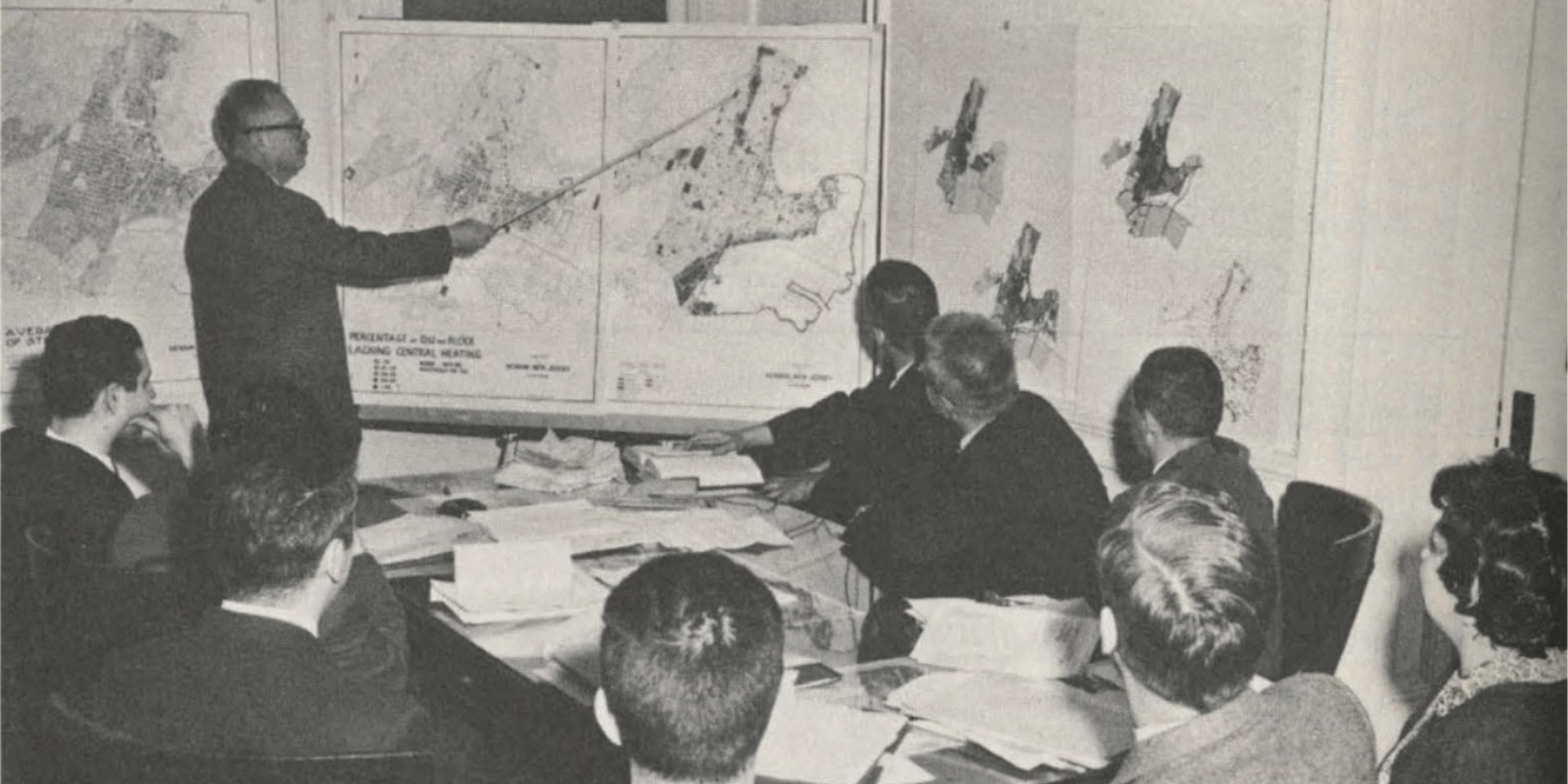The Lab + the Grid
is an installation project focusing on
embodied mapping and the sensory and affective experience of urban space. For
this project, we are asking scholars and artists in various disciplines in the
arts and humanities to become ‘map-makers,’ helping us devise maps that
represent Newark as a lived experience. Our focus is on the city of history and
memory, its organic existence and resistance to the homogenizing interventions
of urban planning.
In the Labyrinth, visitors will move through a maze of large map panels, hung from the ceiling, as a metaphor for the different ways we experience the city and our place within it. Rejecting the urban planner’s mandate to organize urban experience in the name of legibility, the Labyrinth leads through the disjunctures and jagged edges of the cityscape to reflect the spontaneous and organic nature of urban experience.
Historically in Newark, the intent of urban renewal was to turn the city into a pseudo-suburbanized site for consumption and business-oriented professional labor. Urban renewal site maps were critical to this process. More than mere representations of clearance and dislocation, they were the active triggers of change. By mapping the city of experience onto facsimiles of urban renewal maps, we aim to engage in an act of restoration, amplifying the voices of the living over the sterile contours that shaped urban renewal. Our goal is to counteract the disciplining work of the urban planner by capturing the vitality of spontaneous creative acts that bolstered community cohesion.
At its endpoint, the Labyrinth leads to the Grid, highlighting the tension between the technocratic intention and the sensory experience of four parallel streets : McCarter Highway, Mulberry Street, Broad Street, and Halsey Street.
In the Labyrinth, visitors will move through a maze of large map panels, hung from the ceiling, as a metaphor for the different ways we experience the city and our place within it. Rejecting the urban planner’s mandate to organize urban experience in the name of legibility, the Labyrinth leads through the disjunctures and jagged edges of the cityscape to reflect the spontaneous and organic nature of urban experience.
Historically in Newark, the intent of urban renewal was to turn the city into a pseudo-suburbanized site for consumption and business-oriented professional labor. Urban renewal site maps were critical to this process. More than mere representations of clearance and dislocation, they were the active triggers of change. By mapping the city of experience onto facsimiles of urban renewal maps, we aim to engage in an act of restoration, amplifying the voices of the living over the sterile contours that shaped urban renewal. Our goal is to counteract the disciplining work of the urban planner by capturing the vitality of spontaneous creative acts that bolstered community cohesion.
At its endpoint, the Labyrinth leads to the Grid, highlighting the tension between the technocratic intention and the sensory experience of four parallel streets : McCarter Highway, Mulberry Street, Broad Street, and Halsey Street.
